 U.S. Figure Skating e-Learning
U.S. Figure Skating e-Learning
20 Courses

Officials
Officials' Philosophy
“WHO we are is HOW we lead.” —Brené Brown, Dare to Lead
Your officiating philosophy is a guide to how you approach your officiating role in service of your goal. It is built on the foundation of:
• Your purpose (why you coach/ officiate)
• Your process (how you do it)
• Your goal (what you’re ultimately trying to achieve)
Reflecting on your philosophy can bring a genuine awareness to why you do what you do and how your decisions influence the performance and health of the teams you work with. Remember, a team is just two or more people.

Officials
Leadership Foundations
Scholars and writers have tried to define and explain leadership for centuries. Thus, hundreds of definitions for the term leadership are valid in one situation or another.
• Leadership is the process of influencing people by providing purpose, direction, and inspiration while operating to accomplish the mission and improve the organization.
• Leadership is influencing people to accomplish the goal
• Leadership is influence
Each of these examples could arguably underscore leadership's key element(s). The definitions are general enough to fit the multitudes of environments and situations encountered by leaders, yet focused enough to pinpoint the critical area of the leadership challenge. The challenge of true leadership, not management, is the influence relationship between leaders and followers to accomplish a shared purpose. When establishing a high-performance team, the leader-follower relationship is the all-important driver for real, significant, and successful team changes and results.
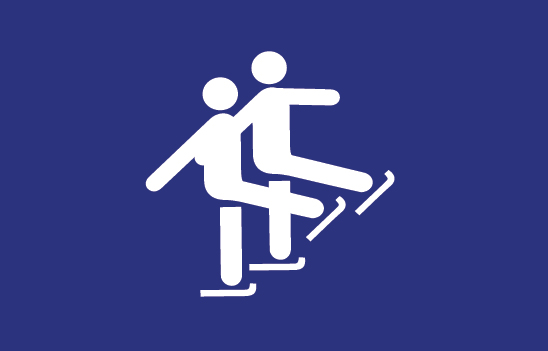
Officials
Importance of Team
The word team is used to describe many groups of people; however, all definitions of team tend to have the same key elements. A team is technically a group of people, yet a group and team are not equal.
A team is two or more people that are interdependent and share responsibility for and are focused on a common goal.
The two key elements are interdependence and shared responsibility for a common goal. The level of interdependence is important to what defines a group versus a team. For example, an individual with a goal is not truly dependent on anyone to make their decisions and take action. An organization (a team of teams) has much less interdependence and interaction between its members than a team. The crucial part of this interdependence is the common goal (shared purpose), which creates the need for more interdependent actions.

Officials
Communication and Feedback
Communication is the critical element.
We use communication every day in nearly every environment. For example, a head nod may signal an agreement, and an explanation may elicit change. Moreover, communication is necessary when building relationships, sharing ideas, delegating responsibilities, and leading or managing others.
In most relationship environments, whether successful or having issues, communication will typically have a significant role in how and why the relationship is working (or not).

Officials
Reflection and Learning
If reflection has the potential to move ourselves and the team forward, which includes officials, coaches, staff, and athletes together, then why wouldn't we make more effort to do it well?
Reflection is a process you can use to grow your understanding. Reflection is usually used to assist change or growth of some kind. In broad terms, reflection is about:
• Bringing closure to our work and experiences
• Providing awareness of our actions and reactions
• Generating attention on how we can improve
• Clarifying where we should focus effort to increase future learning and performance
Team-reflection (review) is a shared effort between two or more people experiencing a situation together. Generally, team-reflection is about how we did, but it is also, and just as importantly, about what you did that affects how we did.

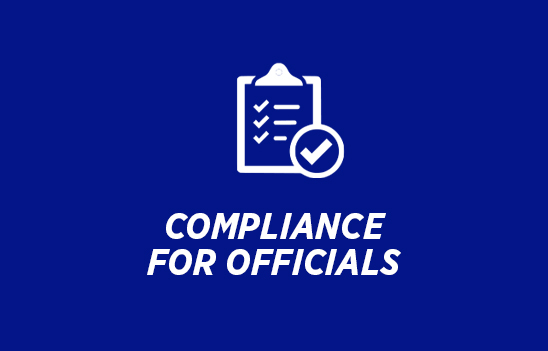
Officials
Compliance for Officials
This course reviews the compliance requirements necessary for all officials.

Officials
6.0 Accounting School
This course serves as the classroom component of your training towards a certified 6.0 accounting appointment.
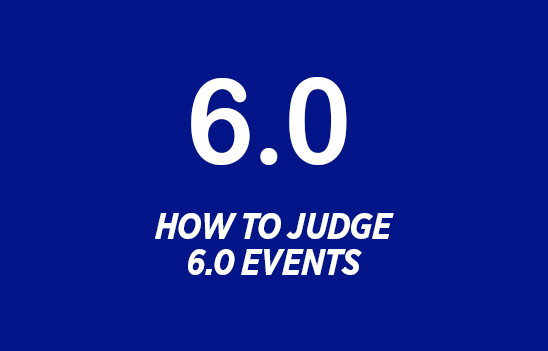
Officials
Judging with 6.0
In this course, users will learn the basic principles of judging with the 6.0 marking system.
If you wish to take this course again to improve your grade, please check the box that says "Start New Attempt". This box will appear after your first attempt at the course.
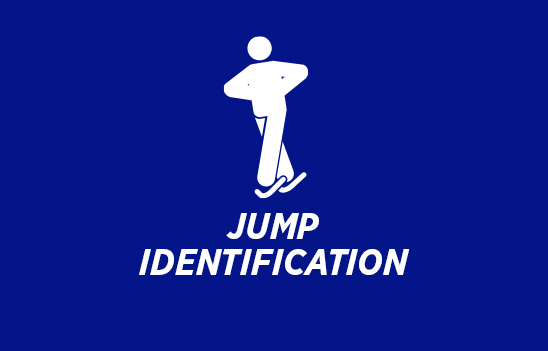
Officials
Jump Identification
This course reviews the jump elements performed in singles and pairs skating.
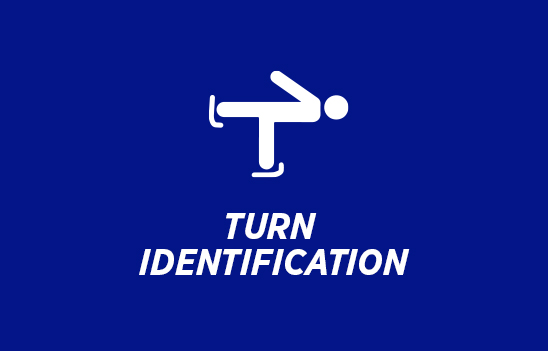
Officials
Turn Identification
In this course, users will learn to identify and practice identifying the steps and turns used in all disciplines of figure skating.

Officials
Turn ID - Tech Panel School Practice Course (21-22)
In this course, users will be presented with three opportunities to practice calling turns for step sequences and verify their answers.
There is no grade for this course.
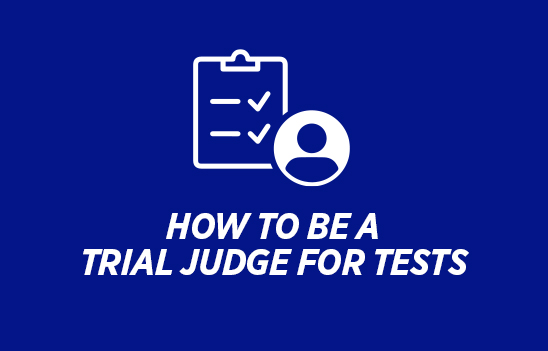
Officials
How to be a Trial Judge for Tests
This courses assists new trial judges for tests with the onboarding process.
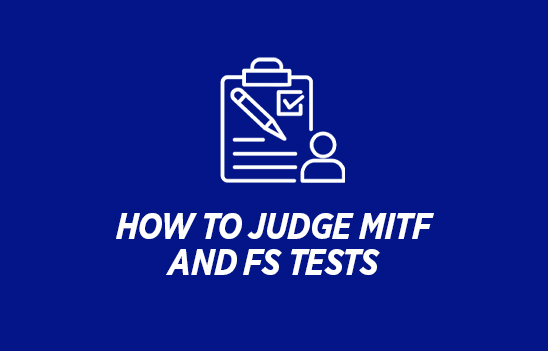
Officials
How to Judge Moves in the Field and Free Skate Tests
In this course, users will learn about the process of marking moves in the field and free skate tests. Topics include: understanding the test papers and the information contained on them, the marking scale and its meanings, and general note-taking strategies.

Officials
How to Become a Singles and Pairs Competition Judge
This course reviews the process, requirements, and expectations of trial judging for a singles/pairs competition judging appointment.
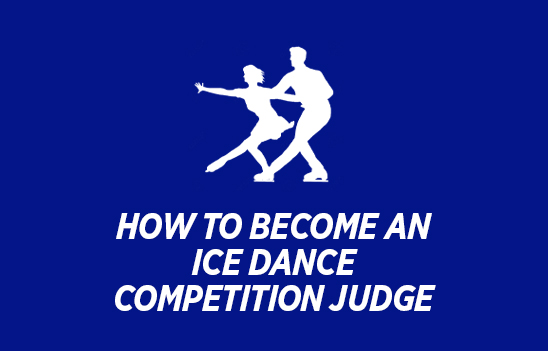
Officials
How to Become an Ice Dance Competition Judge
In this course, you will learn the process involved in becoming a competition judge in the ice dance discipline.
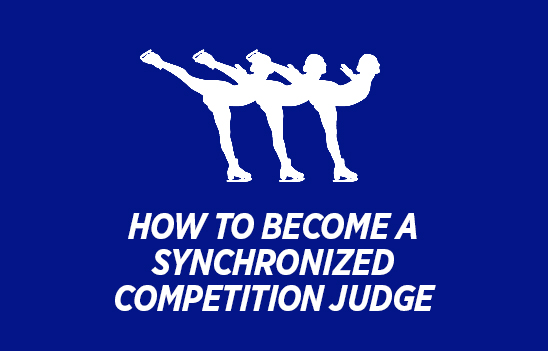
Officials
How to Become a Synchronized Skating Competition Judge
In this course, you will learn the basics and the process for how to become a synchronized skating competition judge.

Officials
GOEs in Singles
In this GOEs in Singles course, you will learn:
- The rules and requirements related to assigning GOE marks.
- How GOE marks are factored into the total element score.
- How to identify and evaluate positive aspects for GOE marks in singles skating.
- How to identify and evaluate reductions in GOE marks in singles skating.

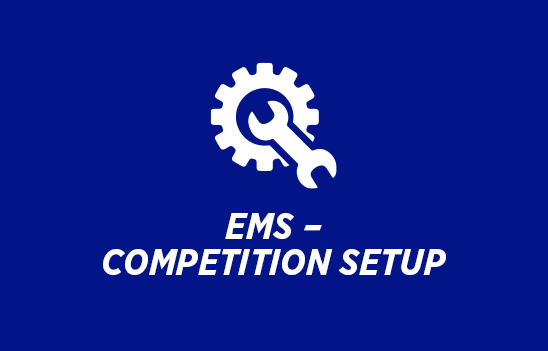
Officials
EMS - Competition Setup
In this course, users will be guided through the process of basic competition setup in Event Management System (EMS).
